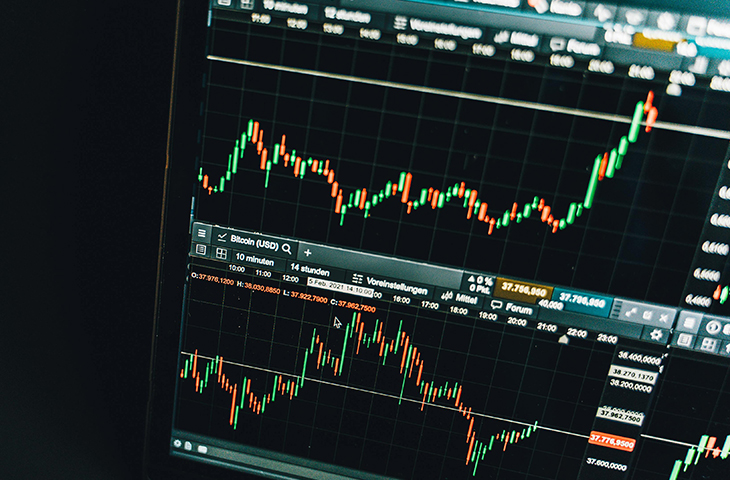Skeptical Of Russia's Data, Some Western Officials Judge Its Economy By Looking At Moscow From Space

Moscow in March 2021.
NASA
- Sweden uses nighttime satellite photos to gauge Russia's economic health, its economic minister said.
- Elisabeth Svantesson said the inflation figures from Russia's central bank were an understatement.
- Images of Moscow before the 2022 invasion of Ukraine are noticeably brighter, she said.
The declining health of Russia's economy is as clear as day — or night, a finance minister said Wednesday.
Elisabeth Svantesson, the finance minister of Sweden, said she and her officials were skeptical of how Russia's official figures were describing its economy.
One measure they use instead, she said on a panel at the World Economic Forum in Davos, is comparing photos of Moscow by night.
The lighting there, she said, was darker in 2023 than in 2021, indicating a capital and a nation in trouble.
Business Insider found some public photos showing the Moscow skyline in the years Svantesson mentioned. Here is one from March 2021:
Moscow seen from above in a March 2021 photo from the International Space Station.NASA
And another from November 2023:
A NASA picture of Moscow taken in 2023.NASA
It's hard to make a precise comparison — the time of day and cloud cover are different.
But in the 2023 image, the pools of light showing Moscow's suburbs appear smaller and less frequent than in the preinvasion image.
"It's very clear that the Russian economy is definitely not as strong as Putin wants us to believe," Svantesson said.
She said that Moscow's inflation was "much higher than the public figure says." Russia's most recent figure puts it at 9.5%, which Svantesson said was out of kilter with its main interest rate of 21%.
She also said levels of capital leaving Russia suggested a struggling economy, as did the space photos of Moscow.
"There is over Moscow, for example, a much darker picture," she said.
"They're not using as much electricity," said the panel moderator, Ravi Agrawal, the editor in chief of Foreign Policy.
"No, no, no. It's much darker," Svantesson said.
Western countries imposed sweeping sanctions on Russia in the wake of its 2022 invasion of Ukraine, mostly designed to cut off the oil and gas exports crucial to its economy.
The Kremlin says it has withstood the worst potential effects of the sanctions. Svantesson said that vision of a strong economy was a tactic to convince Ukraine and its allies that sanctions don't work.
She concluded that "we don't know" the true state of Russia's economy, "but what we know is that his narrative and his truth is not true."


